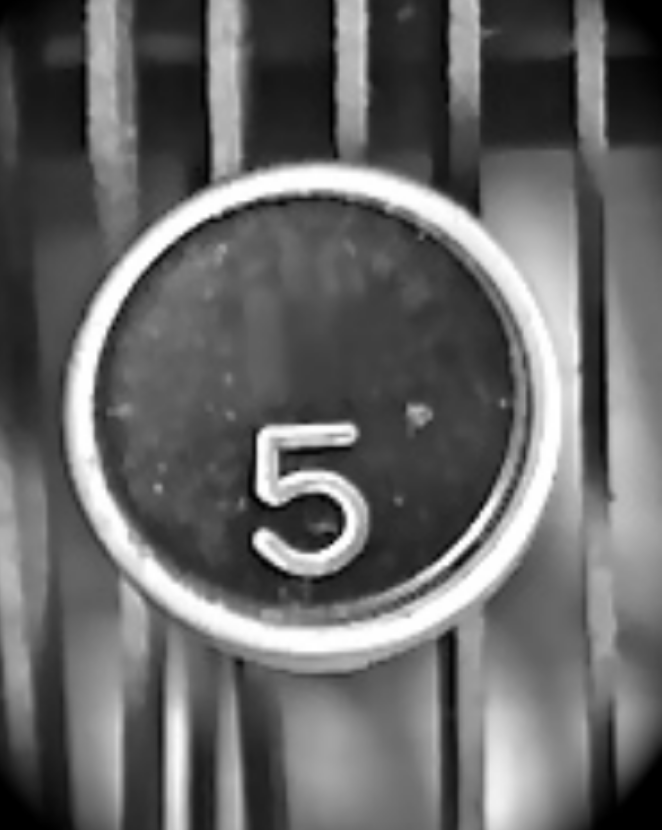5 HOT BOOKS: A Biography of Nancy Reagan, a Jewish-Puerto Rican Playwright, and More
/1. The Triumph of Nancy Reagan by Karen Tumulty (Simon & Schuster)
In her memoir My Turn (written with William Novak), Nancy Reagan chronicled her rise from Anne Frances Robbins, a child who was raised by relatives, into a Chicago Gold Coast debutante who moved to Hollywood and set her sights on recently divorced actor Ronald Reagan, and then made him a successful president. Now Washington Post columnist Tumulty not only fact-checks and corrects the former first lady’s story, but also provides a highly readable, definitive history of Nancy Reagan’s impact on her husband’s image and politics, and how the White House worked. Tumulty clarifies Nancy Reagan’s influence on her husband in their 52-year marriage, from her belief in astrology to, more significantly, her opinions on White House staff members. Tumulty exposes how the White House mishandled the AIDS crisis and homosexuality and did damage control on the Iran-contra scandal. She also reveals that the first lady was not as devoted to family values as she liked to suggest.
2. My Broken Language: A Memoir by Quiara Alegría Hudes (One World)
Playwright Hudes won a Pulitzer Prize for Drama in 2012 for Water by the Spoonful and wrote the book (and the screen adaptation) for the musical In the Heights. Her sharp, insightful memoir considers her roots in North Philadelphia and Puerto Rico, and their influence on the languages around her. Hudes’ prose is distinguished by its musicality “Music had been a window onto humanity, diasporic to the marrow,” she writes. She reconciled her parents’ distinct differences – her Jewish father and Boricua mother – and learned from her legendary playwrighting teacher, who won a Pulitzer for How I Learned to Drive in 1998. “The first thing Paula Vogel did was dispel me of the notion that I must be loyal to English,” Hudes recalls. “Language that aims toward perfection, she told me, is a lie.”
3. Hearing Homer’s Song: The Brief Life and Big Idea of Milman Parry by Robert Kanigel (Knopf)
In his biography of Harvard classics professor Milman Parry, Kanigel brings attention to a scholar with groundbreaking interpretations of Homer’s works. While Parry was considered “impermeable” by some of his colleagues, Kanigel argues that while not chatty, he was “a man given over to his ideas, fed by his work, his unanswered questions, his great subject.” Kanigel portrays Parry with sensitivity and nuance, and also explains how he traveled to Yugoslavia and recorded more than 1,000 discs to prove how singers and performance shaped understanding of the Iliad and the Odyssey. The 33-year-old Parry’s mysterious death by a gunshot in 1935 was considered an accident, but Kanigel exposes other theories, including Parry’s daughter’s claim that her mother killed him.
4. Excuse Me While I Disappear: Stories by Joanna Scott (Little, Brown)
Scott has written 12 books of fiction and has won just about all the awards – MacArthur, Lannan, Guggenheim— and she was a Pulitzer finalist for The Manikin. A prize should go to whoever breaks her out of the secret handshake club of admirers, because in wildly different styles, terrains, and concerns, Scott is a magician. Ardent fans and new initiates will be rewarded by this marvelous collection of stories that shift from the distant past — for instance, a 15th-century Venetian workshop — to a polyphonic New York City subway train on which a baby disappears. The extraordinary title story features an electrician with a love of theater who is mired in a “web of presumption” with the homeowner on a job; forced to improvise, he ends up humiliated.
5. Popisho by Leone Ross (Farrar, Straus & Giroux)
The rewards of escape are to be found in this luscious novel set in the imaginary archipelago of Popisho, a country in which every person is born with special gifts: “cors.” Born in England and raised in Jamaica, Ross infuses this novel with magical realism. Widowed Xavier Redchoose, who has the gift of perfectly seasoning food, runs a restaurant that has been chosen by the gods to create an individual feast for everyone in this country. Ross evokes the luscious, verdant landscape and interconnected island citizens with their own powers and problems, such as the gifted healer with infertility trouble and the exiled gay son who has a gift for seeing through lies. Through chaos, a class rebellion, and terrible weather, Ross brings joy and wit to the page. “The sky has recovered itself, is once again oyster-blue, Popisho-blue, girls-in-Sunday-ribbons blue,” she writes at the end of this novel, which is a salve of the spirit, “and where the sky meets the ocean they can see a fuzzy, dark and chanting line of obeah women, hundreds of them, wading in the kick-back waves, waist-deep, palms up.”










